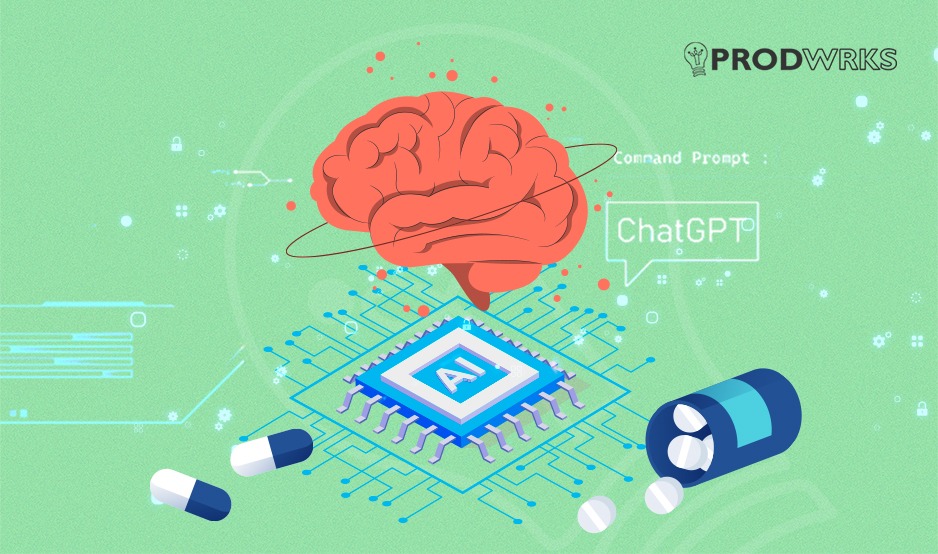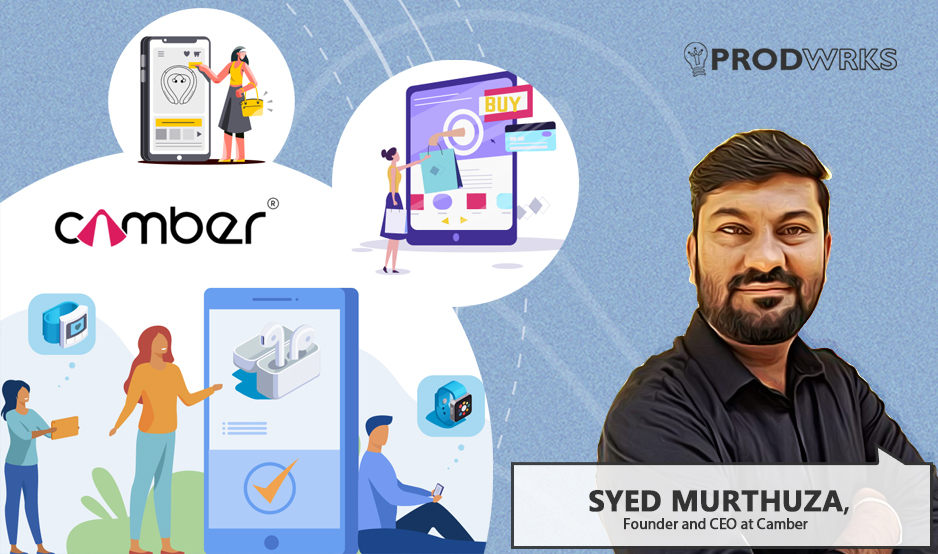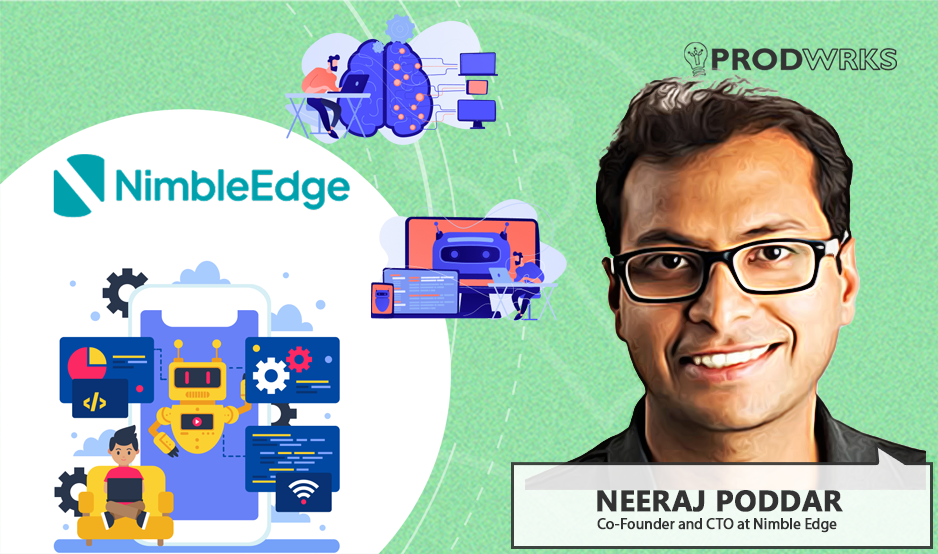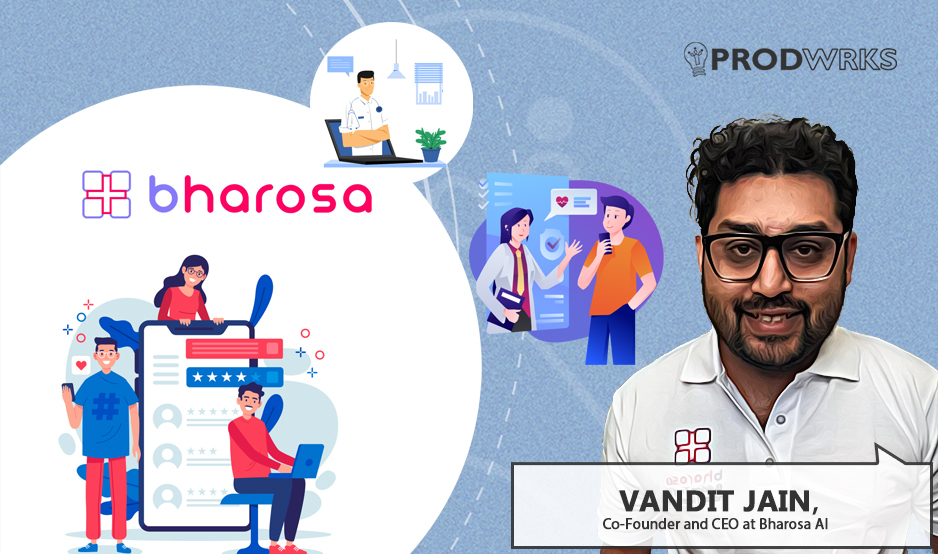
The author of this article is Varun Nangia, Digital & eCommerce leader at Merck Life Science, India.
By leveraging advanced algorithms and deep learning techniques, generative AI has the potential to accelerate drug discovery, optimize clinical trials, and revolutionize personalized medicine.
The term ‘generative’ refers to the ability of the AI system to develop new content or data similar to the training data it has been exposed to. AI models, like Generative Adversarial Networks (GANs) and Variational Autoencoders (VAEs), are designed to learn patterns and characteristics from existing data and generate new samples that resemble the original data.
Generative AI models can reproduce existing data and churn out novel and creative outputs. They can create realistic images, realistic-sounding speech, or even develop new ideas, stories, or music. This opens up possibilities for innovative applications and even expedites the development of new drugs or materials.
The technology leverages advanced algorithms and deep analysis techniques to accelerate drug discovery, optimize clinical trials, revolutionize personalized medicine, and predict drug efficacy and safety.
Let’s explore the benefits and potential limitations of generative AI in the coming years for the pharma industry.
Accelerating drug discovery
Drug discovery is a complex, scientific, and time-consuming process that involves identifying and developing new therapeutic compounds. Generative AI has emerged as a powerful tool in accelerating this process by building novel molecules with desired properties.
By analyzing vast amounts of chemical data in public libraries and your own R&D databases and utilizing predictive models, generative AI algorithms can propose new drug candidates that exhibit specific characteristics, such as high efficacy and low toxicity.
These algorithms can significantly reduce the time and cost involved in identifying promising drug candidates. Researchers can rapidly explore a vast chemical space, allowing them to focus their efforts on the most promising candidates. Additionally, generative AI can predict the properties and potential side effects of newly generated molecules, enabling researchers to prioritize compounds with the highest likelihood of success.
This technology shows great promise in emerging areas such as mRNA, Oligo Therapeutics, and Cell and Gene therapies. With the help of generative AI, the entire cycle of drug discovery shifts from exploring many possibilities to fast pruning.
Optimizing Clinical Trials
Clinical trials are a crucial phase in drug development, but they often face challenges such as high costs, a dearth of technologies, lengthy timelines, and limited patient recruitment.
Generative AI can tactfully overcome these by optimizing clinical trial design. By analyzing patient data, biomarkers, and historical trial data, generative AI algorithms can generate simulated patient populations, which can help researchers determine the most efficient and effective trial designs.
These algorithms can also aid patient recruitment by identifying suitable candidates based on specific inclusion and exclusion criteria. This targeted approach strengthens the likelihood of finding eligible participants and dramatically reduces the time and cost involved in the entire process.
Additionally, generative AI can predict the outcomes of clinical trials based on various factors, helping researchers make informed decisions about trial protocols and increasing the chances of success.
Revolutionizing Personalized Medicine
Personalized medicine aims to provide tailored treatments based on individual patient characteristics. Generative AI is crucial in this field by analyzing large-scale patient data, genetic information, and treatment outcomes.
By identifying patterns and correlations, generative AI algorithms can develop predictive models that help optimize treatment plans for specific patient populations. These algorithms can assist in predicting patient responses to different treatments, minimizing trial and error, and improving treatment outcomes.
Furthermore, generative AI can aid in identifying biomarkers and genetic markers associated with specific diseases, enabling the development of targeted therapies. By leveraging generative AI, pharmaceutical companies can develop precise and effective treatments, reducing adverse effects and improving patient outcomes.
Though the technology is in its nascent stages, it is likely to emerge as a game-changer in the pharmaceutical R&D value chain. Its ability to accelerate drug discovery, optimize clinical trials, and revolutionize personalized medicine makes it a powerful tool in the hands of researchers and pharmaceutical companies.
With the vast amounts of data available in the pharma industry, generative AI algorithms have the potential to provide valuable insights, reduce costs, and improve efficiency.
However, it is essential to note that generative AI is not a replacement for human expertise and judgment. Rather, it is a tool that complements and enhances the capabilities of researchers and scientists.
As the field of generative AI continues to evolve, it holds tremendous potential to drive innovation, improve patient care, and transform the pharmaceutical industry as a whole in the coming years.
ABOUT THE AUTHOR

Varun Nangia is a techno commercial leader with over 15 years of experience in developing and delivering on business transformation mandates by working across and within various functions such as eCommerce, Strategy, Marketing, Operations across industries such as Healthcare, Technology and Renewables.
Varun Nangia is currently at Merck Life Science – as Digital & eCommerce leader, leading digital transformation, setting a high performing team from scratch, scaling Digital Marketing operations and eCommerce business. He has an excellent track record of managing P&L for eCommerce channels.
Previously Varun Nangia was with BPL Medical Technologies as Marketing and eCommerce leader, led transformation of marketing function and brand guidelines, created brand awareness and recall for key categories, grew eCommerce business on various B2B and B2C marketplaces. He has an established track record of leading transformational mandates, sustainable innovation-led growth, driving results through collaboration, and building high performing teams.




